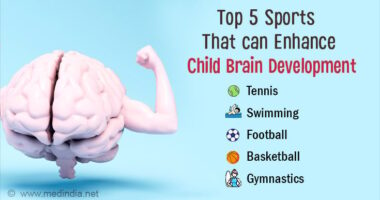
by researchers from King’s College London and funded by the British Heart Foundation, found that 3-year-old children were more likely to exhibit risk factors for future heart disease if their mother was clinically obese during pregnancy. A behavioral lifestyle intervention reduced this risk.
In the UK, more than half the women attending antenatal care are clinically overweight or obese. There is increasing evidence to suggest that obesity in pregnancy is associated with cardiometabolic dysfunction in children, and that serious cardiovascular disease may begin in the womb.
, conducted at Guy’s and St Thomas’ NHS Foundation Trust, randomized women with obesity (a BMI of over 30 kg/m2) in early pregnancy to a diet and exercise intervention or to standard pregnancy care.
Advertisement
The intervention arm saw improvements in weight gain in pregnancy, physical activity, a healthier diet, and a healthier metabolic profile across pregnancy.
Follow-up of the children at three years of age showed that children of women with clinical obesity had evidence of cardiac remodeling, a risk factor for future cardiovascular disease. Changes included increased heart muscle thickness, elevated resting heart rate, evidence of early impairment to the heart’s relaxation function and increased sympathetic nerve activity (‘fight or flight’ response) compared to women of normal weight.
READ RELATED: The Best Exercises To Lose Arm Fat That Actually Work, Trainer Says
The children of women who were allocated to the intervention arm were protected from these early changes in heart structure and function.
Does Maternal Obesity Trigger Heart Problems in Infants
Study lead Dr Paul Taylor, from King’s College London, said: “Maternal obesity appears to adversely impact the developing fetal nervous system and fetal heart development which is apparent up to 3 years-of-age.
A complex lifestyle intervention in pregnancy was associated with protection against cardiac remodeling in infants. We can hypothesize that these changes to the heart and its function will get worse over time, putting the child at increased risk of cardiovascular disease in the future.”
The study suggests that maternal obesity may have a lasting impact on the child’s cardiovascular health. Promoting dietary changes and physical activity during pregnancy may reduce this risk.
Reference :
- Lifestyle intervention in obese pregnancy and cardiac remodelling in 3-year olds: children of the UPBEAT RCT – (http://dx.doi.org/10.1038/s41366-022-01210-3)
Source: Eurekalert
Source:








